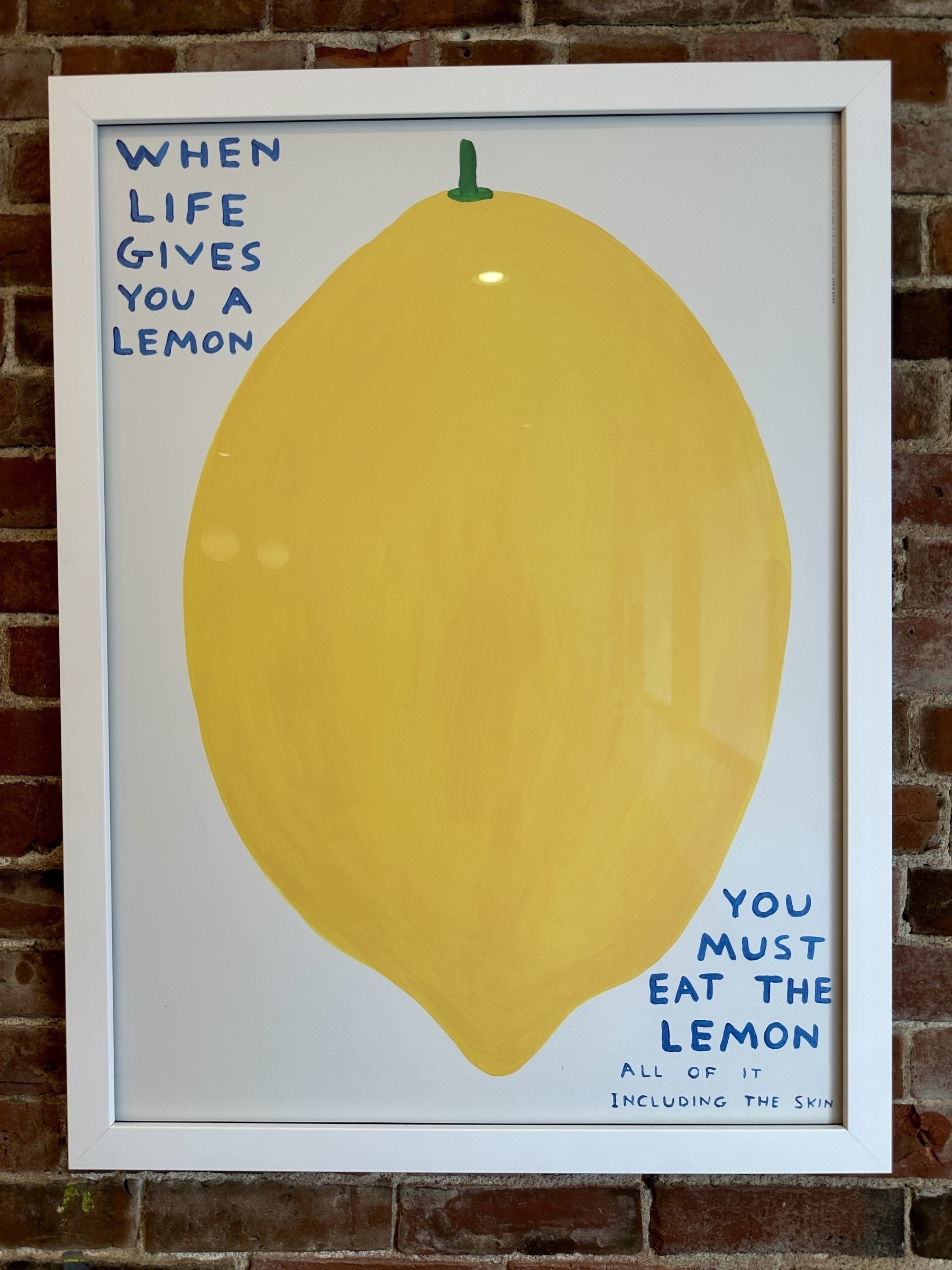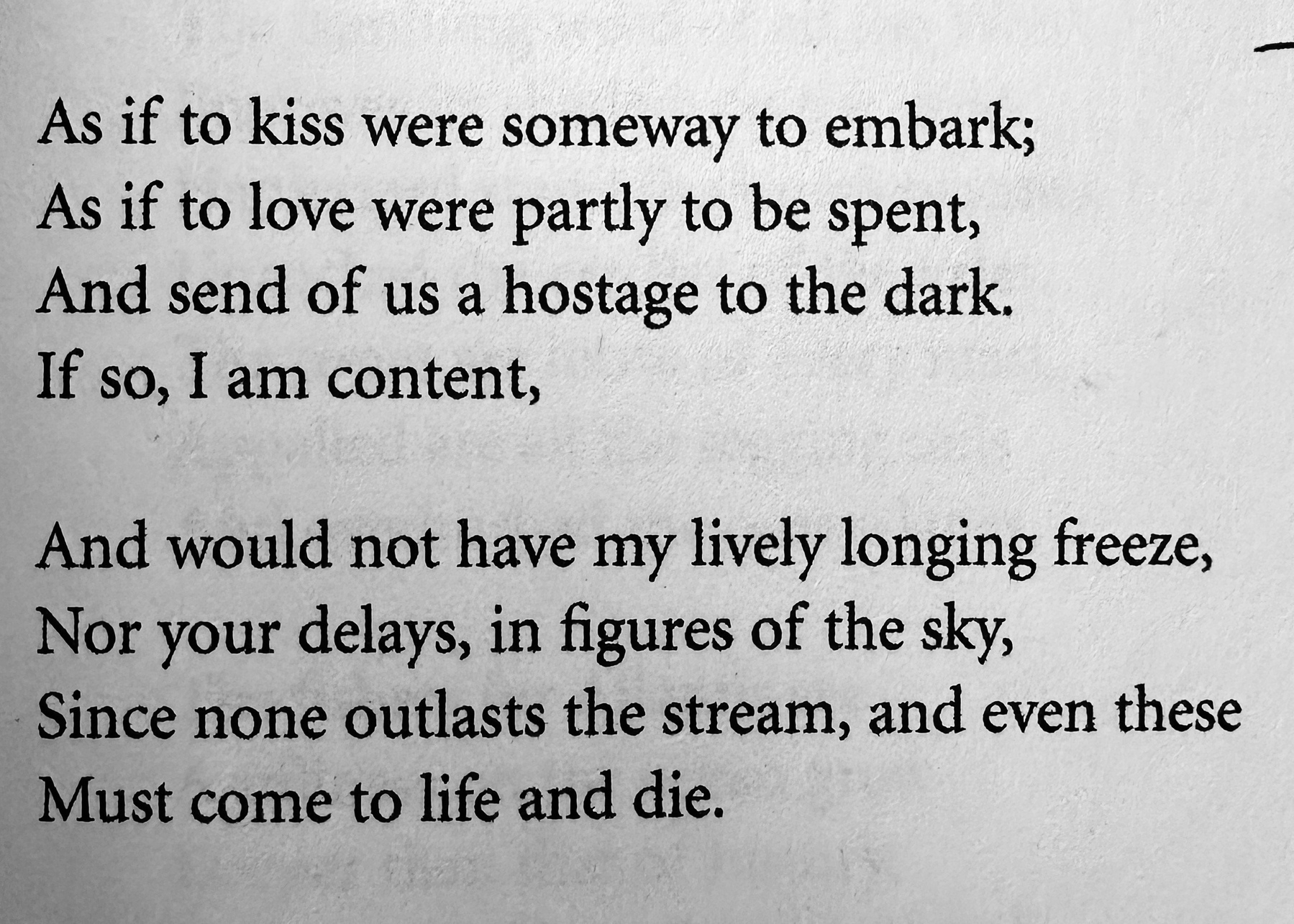
Currently Reading: On the Natural History of Destruction by W.G. Sebald 📚
These essays are made up of a series of lectures Sebald gave in Zurich in the autumn of 1997. The letters of response to which, as Sebald mentions in the foreword, were telling.
The inadequate and inhibited nature of the letters and other writings sent to me showed, in itself, that the sense of unparalleled national humiliation felt by millions in the last years of [World War II] had never really found verbal expression, and that those directly affected by the experience neither shared it with each other nor passed it on to the next generation.
This is in some ways perfectly understandable, he adds, “given the force of the absolute uncertainty that emerged from our order-loving minds.”
In spite of strenuous efforts to come to terms with the past, as people like to put it, it seems to me that we Germans today are a nation strikingly blind to history and lacking in tradition. We do not feel any passionate interest in our earlier way of life and the specific features of our own civilization …
I am not German and I cannot confirm what Sebald says about German culture. But I can say that I recognize something of what he is talking about in my own culture. And I will certainly be reading this book, as I’m sure Sebald intended, with at least one eye on the fact that he acutely describes a more universal problem, and one that we are intensely suffering from in the U.S. right now.
“We are always looking and looking away at the same time,” he says, and so we are left with “a half-consciousness or false consciousness” that serves to consolidate moral resources in a culture that has been, or ought to have been, morally discredited. “The redefinition of their idea of themselves … was a more urgent business than depiction of the real conditions surrounding them.”
Sebald notes that, in response to these lectures, he received “sharp reprimands from people unwilling to see that … a basic stance of opposition and a lively intelligence … could easily turn into more or less deliberate attempts to conform, and that later a man in the public eye … would therefore have to adjust his presentation of his career, through tactful omissions and other revisions.”
From my perspective, this is not only shockingly and obviously the case in American culture and politics, but it is in no way limited to the “man in the public eye.” To expand on Sebald’s terms: Every single citizen is preoccupied — at first naturally and then, apart from great effort, militantly — with an ongoing and retrospective improvement of the self-image that they wish to hand out and to hand down. The result is the inability of an entire generation, if not multiple generations, to describe what we see and to convey it to each other’s minds.





